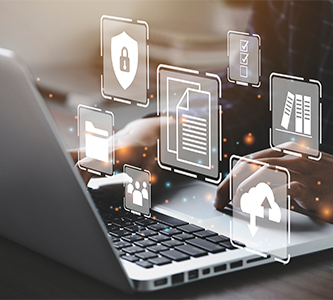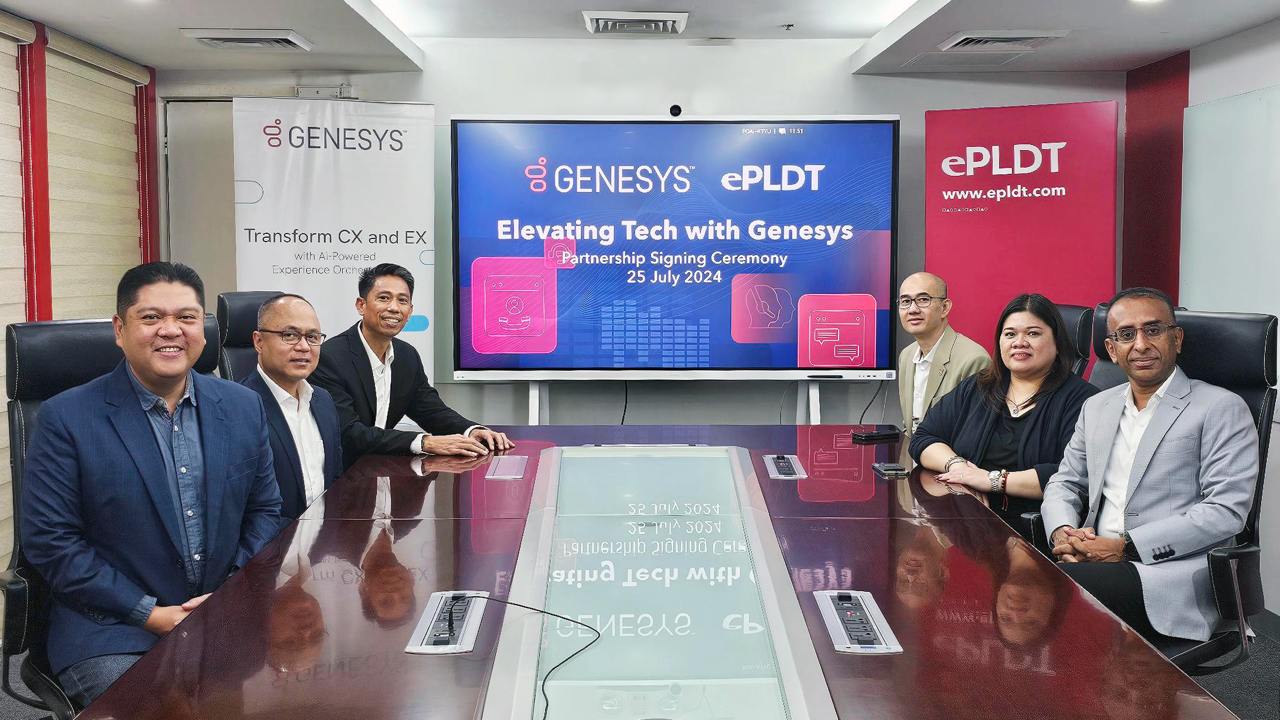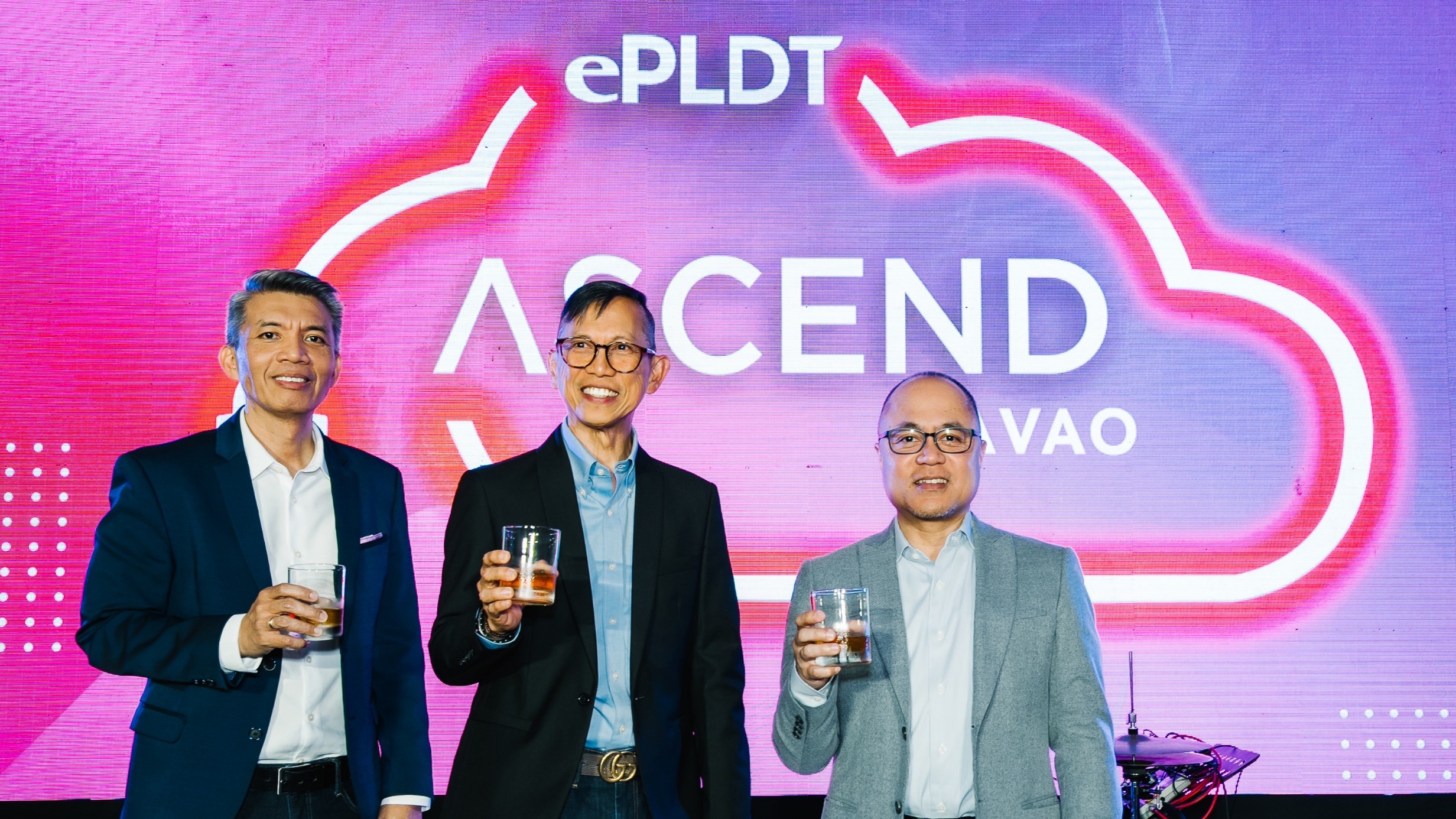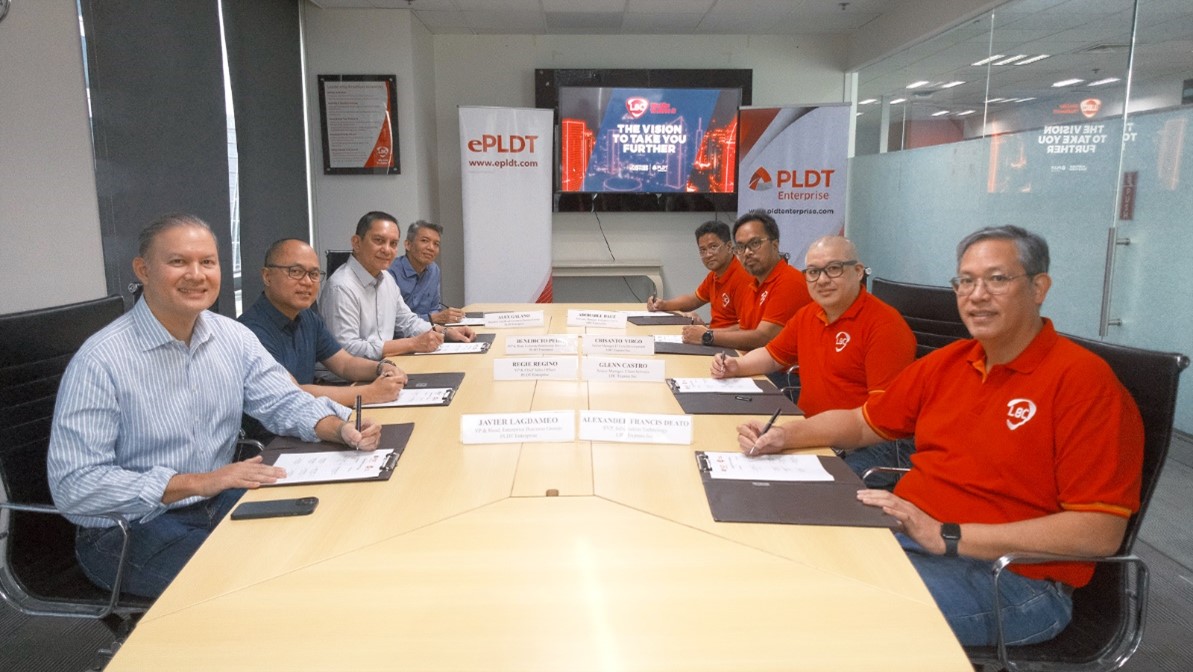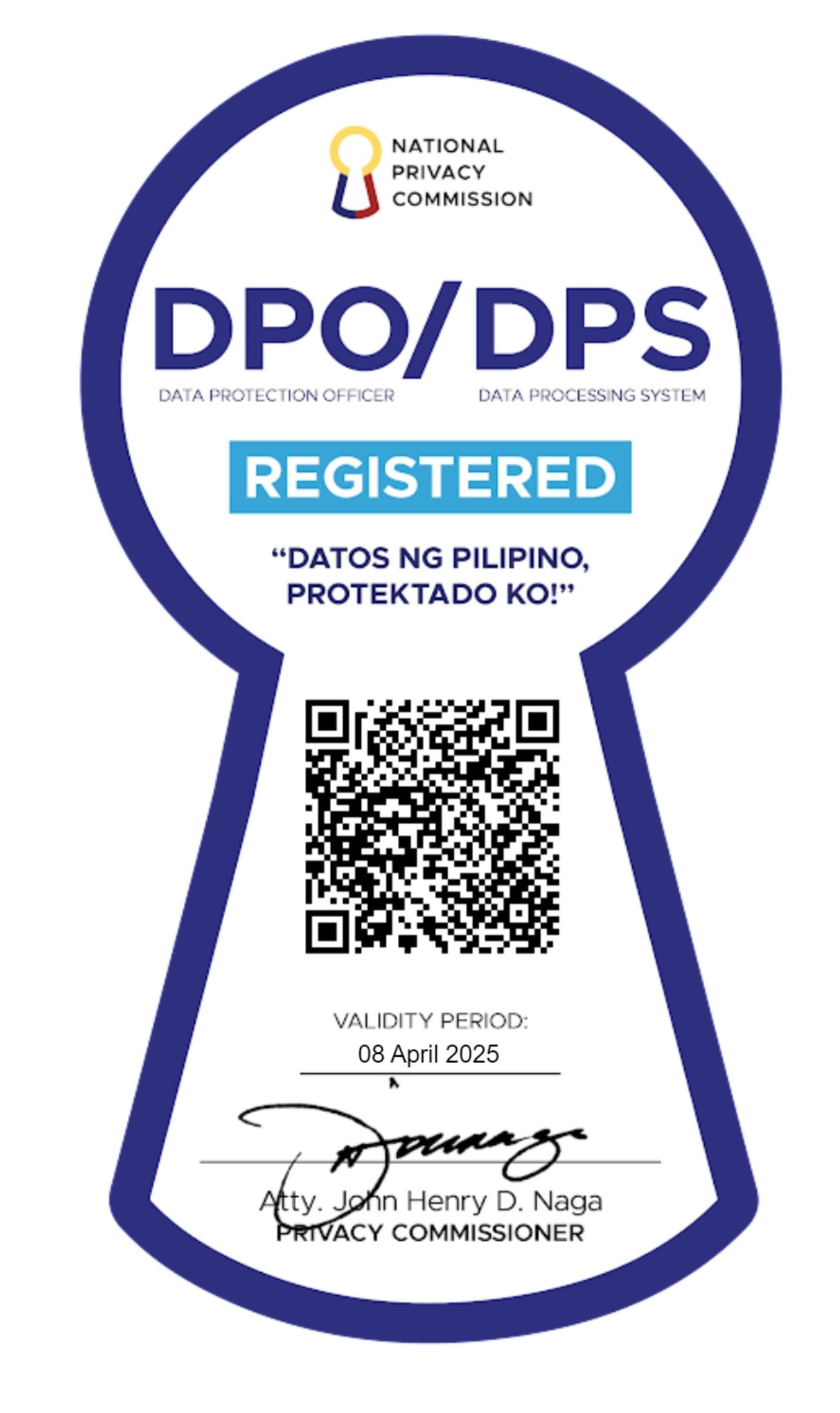Recently
Enabling business continuity amidst multiple disasters and calamities
For the past 20 months or so, the pandemic forcefully skyrocketed organizations headfirst into digitization and breakthrough innovations. And as a result, we’ve seen unprecedented surges of digital technologies, new business models and inspirational stories of successful business transformation.
In fact, almost all of us have experienced these visible and prominent trends such as the shift to remote working, online collaboration and the drastic adoption of digital commerce, e-learning and telehealth.
Evidently, businesses and consumers have embraced, and would seemingly prefer using and consuming digital / online services in most aspects of our lives, from the way we communicate, learn, study, work, play, and operate today – and most likely into the future.
Truly, digital / online services are becoming mainstream. In fact, based on a study, 80.2% of the total Filipino internet population*, have purchased a product online, and the trend is increasing year on year.
With this in mind, how then can organizations remain relevant, competitive and continue to thrive in this new digital hypercompetitive environment? What will be their key differentiator?
One crucial factor here is to ensure excellent customer experience, and you can do so by ensuring that your digital services are always accessible to them when they need it.
To do so, the first milestone is to embed business continuity measures and capabilities within your operations.
Real time, immediate and secure access to data is critical for the day-to-day workflows, collaboration, innovation, and more importantly customer service and customer experience.
Many businesses depend on their data and connectivity to manage these daily operations, and businesses will require IT infrastructure that supports its operational needs.
Simply put, it is imperative that your mission critical applications and your valuable data, reside in a mission critical and secure infrastructure.
Having a sound and robust business continuity plan can help enterprises achieve the following capabilities:
First, ensure “always on” digital or online services for your always on customers
An organization’s worst nightmare might happen when we least expect it – and that is losing market share because of a system downtime, brought about by unmaintained critical servers, over-utilized computing resources and slow or delayed response time.
Second, ensure flexible capacity for unpredictable workload demands
Enterprises expect data to grow an average of 30% annually as a result of increased demand for digital services during this pandemic. Companies must be able to scale up on demand to handle exponential workload increases.
The last thing you want to happen is to have competitors ahead of you because of their proactive stance and speed to market.
And third – ensure technical expertise are always within reach
The pandemic forced us to digitally transform practically overnight. Most enterprises were not able to immediately adopt, not only because of the absence of IT platforms but also the lack of expertise needed to navigate through the migration and transformation process.
In most cases, stop-gap solutions were implemented, but at the expense of multiple risks to include cybersecurity vulnerability and operational efficiency.
The good news is that ePLDT can help deliver these key imperatives.
For instance, Mission Critical Core applications can be colocated in VITRO Data Centers, which provides 99.99% SLA, and access to any telco of your choice be it local or international.
Data centers allows organizations to expand their IT infra without having to go through months of planning and financial approvals to add server farm capacity, and it likewise eliminate the hassles of large outright CAPEX investments with an OPEX or subscription model.
VITRO is a Rated 3 Certified Facility based on TIA-942 standards, it is likewise equipped with relevant ISO certifications, and is also certified by the Payment Card Industry Data Security Standards or PCI-DSS, which is preferred by FINTECH, eCommerce, Payment Gateway providers and other Financial Institutions.
It is likewise manned by technical experts with over 20 years of data center experience. ePLDT maintains 99 certified engineers that hold 63 different industry relevant certifications.
And because of these world class standards, VITRO is evidently the preferred primary Data Center of choice by organizations both here and abroad, ranging from ecommerce companies, Banking and Financial sectors, manufacturing companies, multinational organizations to Hyperscalers.
To learn more about how we can be of assistance, please click this link and expect feedback within 24 to 48 hours.
